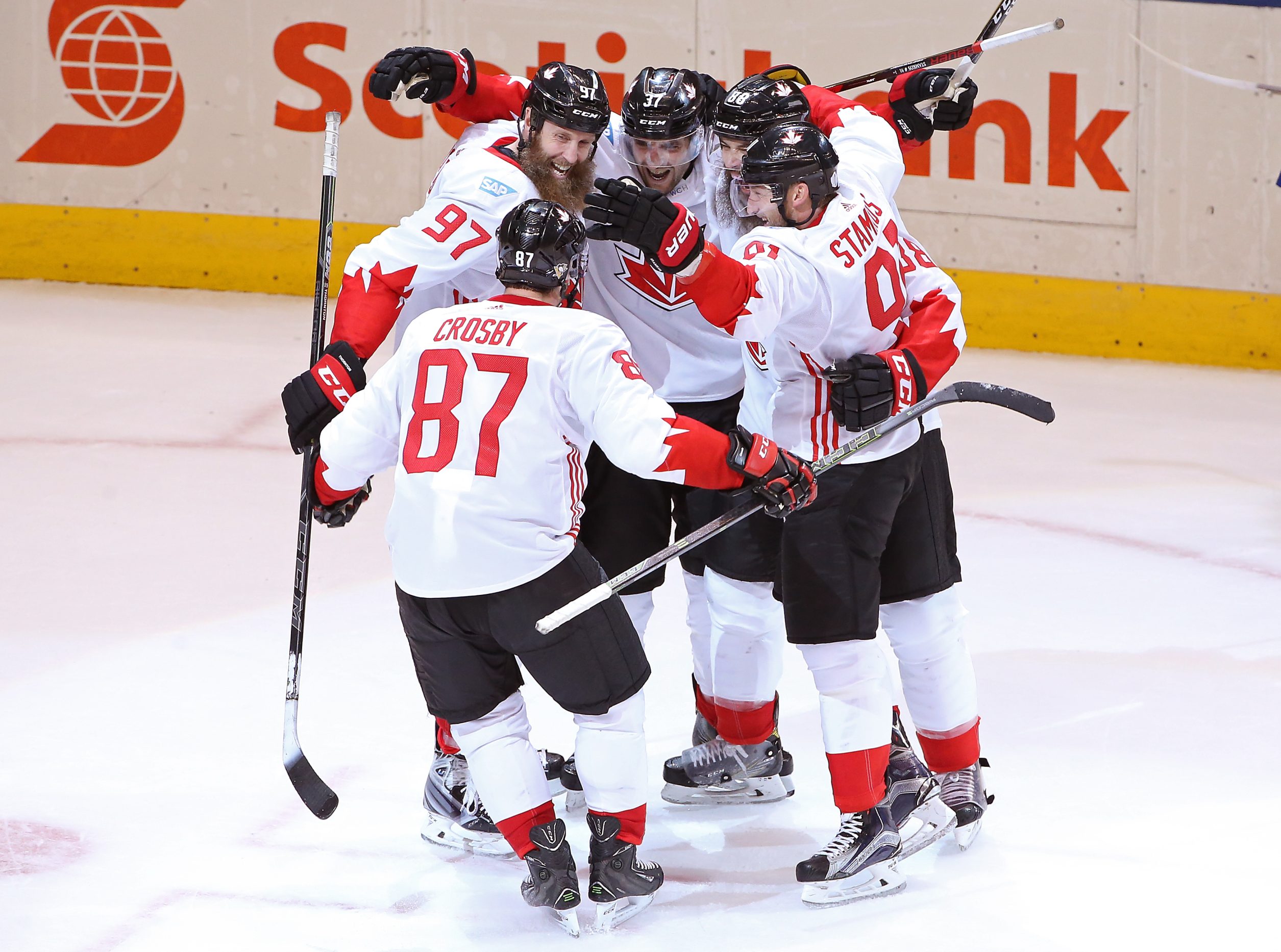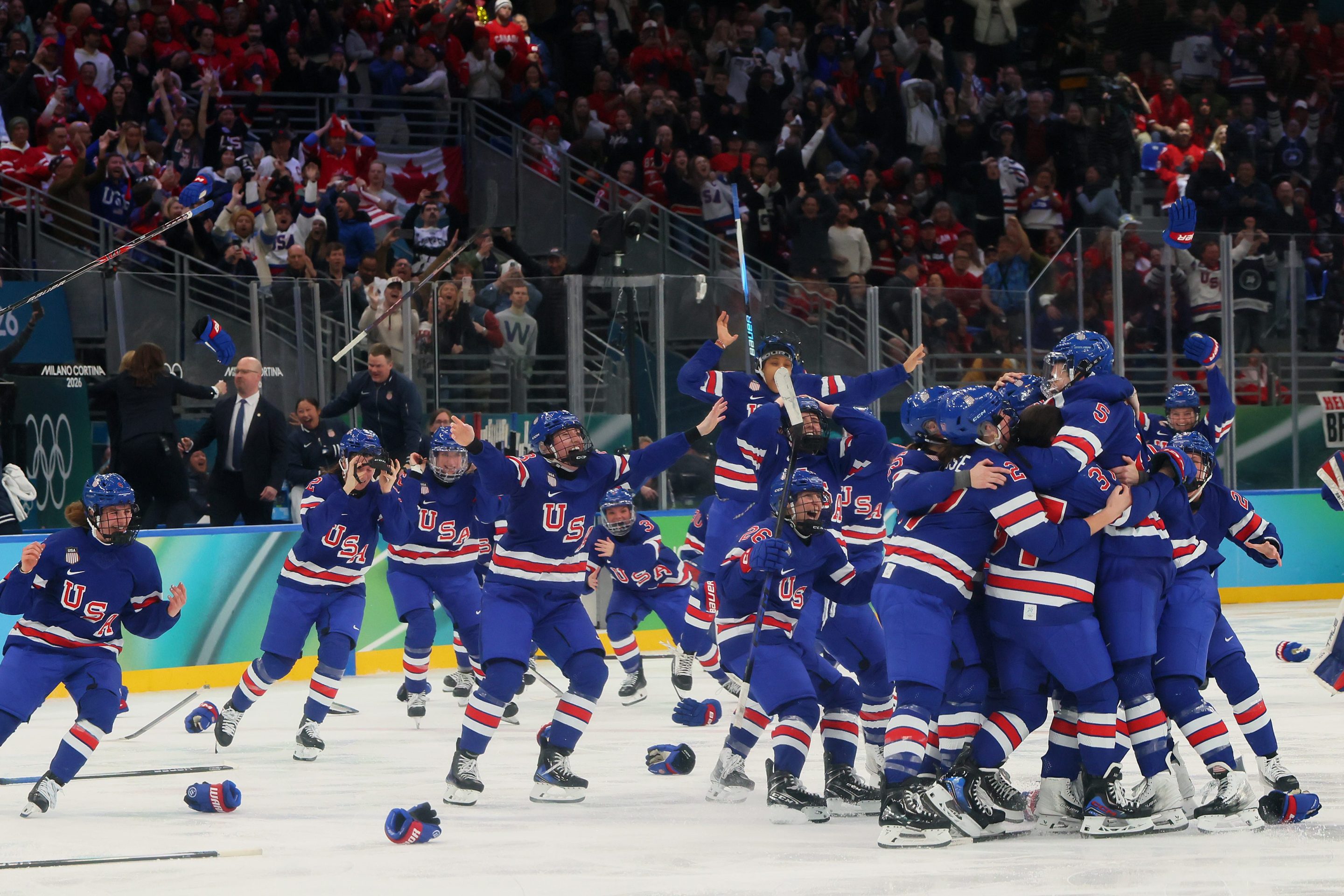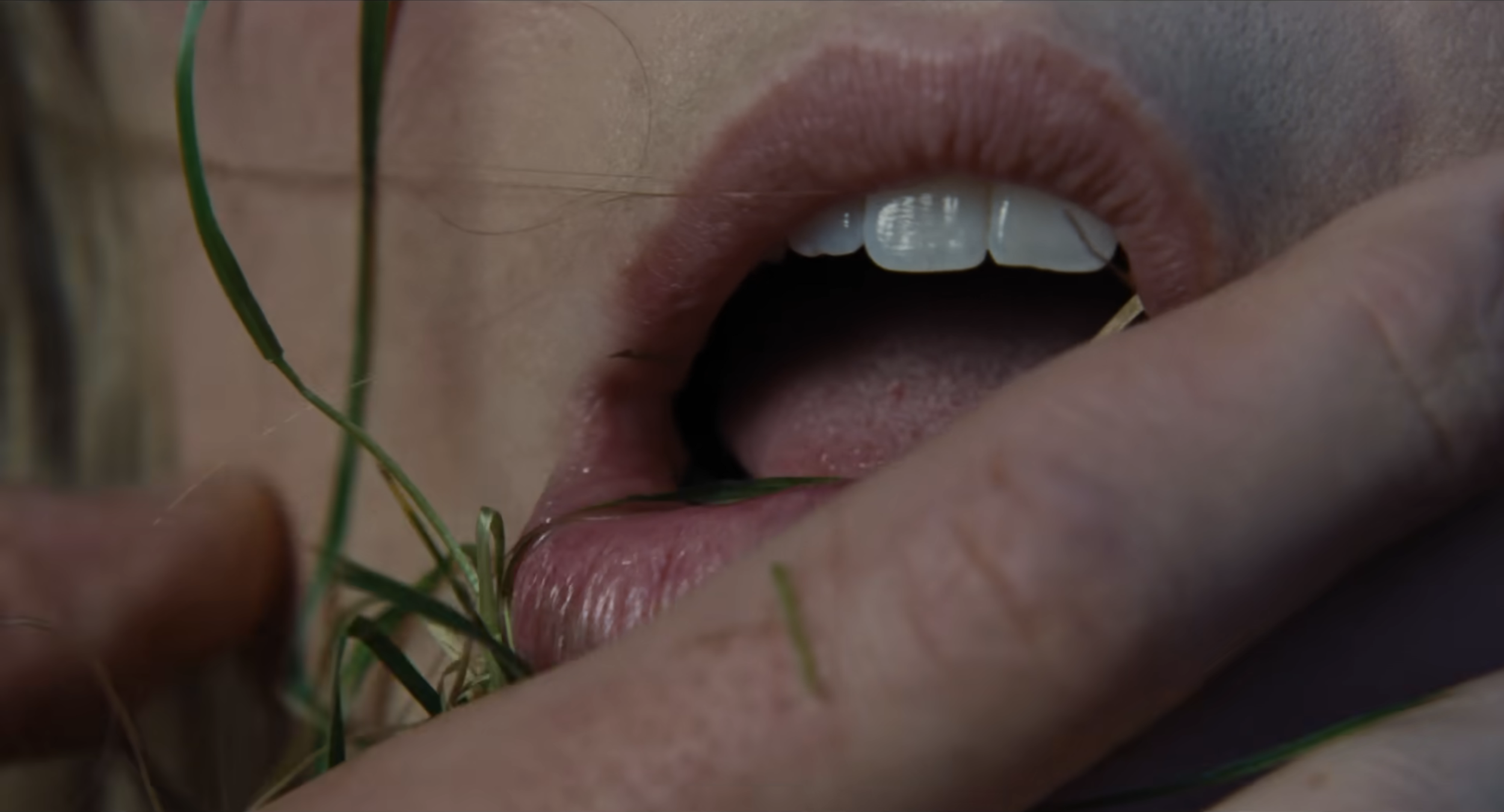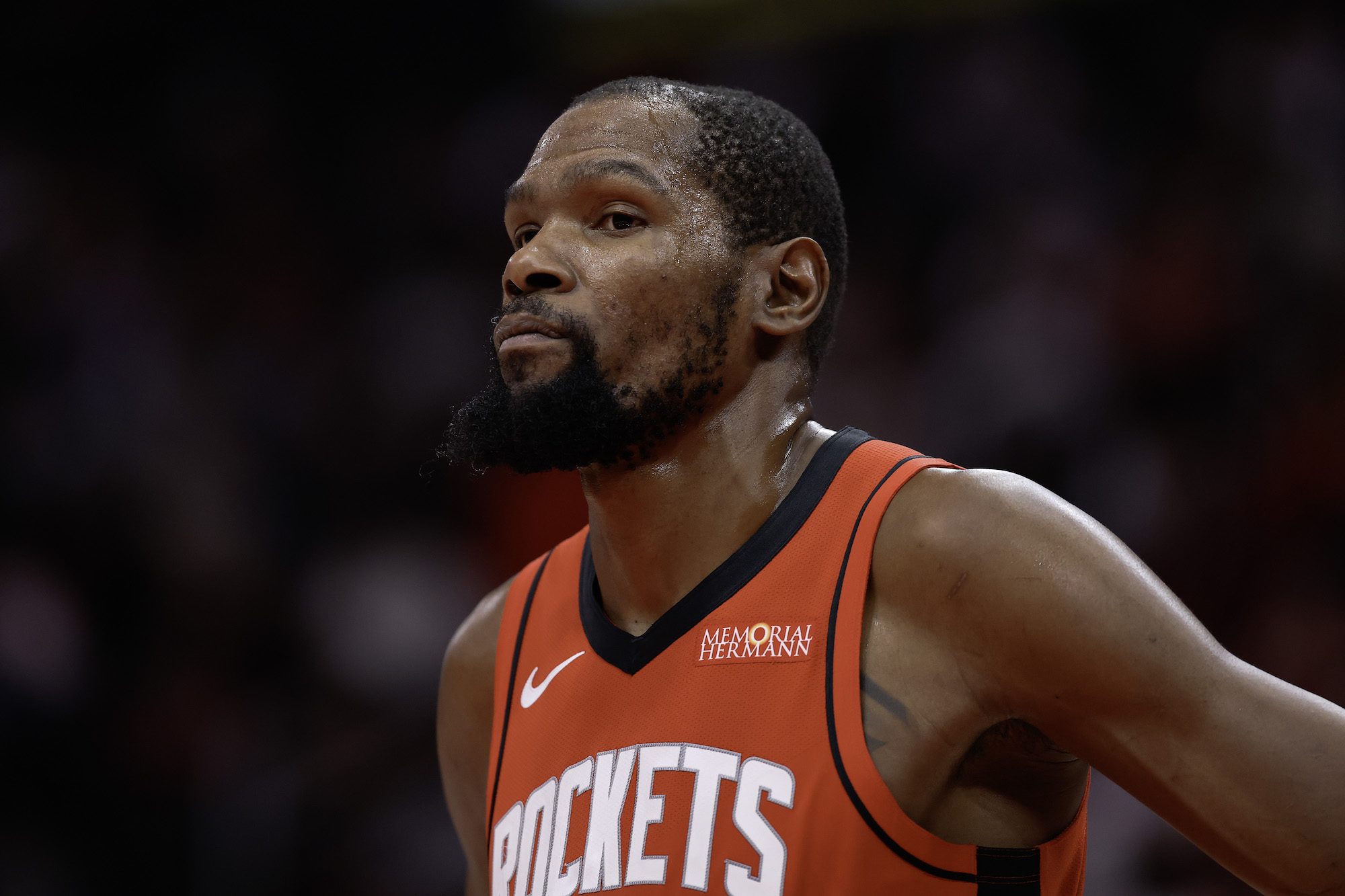The NHL season is supposed to take a break this coming February so that many of its players can go compete in the 2022 Winter Olympics in Beijing, and it's supposed to be a huge win for those players that they get to do so. The NHL owners, of course, hate the idea of stopping the games that make them money so that the guys they pay can go suit up elsewhere and risk getting injured ahead of a playoff run. But for the players themselves, the Olympics are hugely important, and after a 2018 Games without NHL talent, the two sides struck a deal in September allowing things to go back to the way they were from 1998-2014.
This should in theory be very exciting! Who doesn't love an international hockey tournament? And who doesn't want to see Connor McDavid go for the gold with Canada, or Leon Draisaitl try to carry Germany to a medal, or Auston Matthews doing the same in his debut for the U.S.? So many thrilling young talents have entered the NHL over the past seven years, and under ideal circumstances, I'd be ecstatic to watch them fight for a coveted prize in a format like this.
But unfortunately, these are not ideal circumstances. The same virus that disrupted the most recent Summer Olympics won't be going away in time for these games, and while COVID-19 could perhaps be shrugged off if the action was taking place in, say, Utah or Vancouver—in and around where NHL players are already traveling anyway—their presence in Beijing adds an extremely imposing layer of complication to the proceedings. Unlike the United States, China has taken drastic measures in pursuit of "COVID-zero," and based on the Beijing Organizing Committee's plans around these games, any player who tests positive could be in for a lengthy quarantine in a foreign country.
Notably, any symptomatic athlete will be required to stay in a hospital, where they'll not only need to become symptom-free, but also receive the approval of a panel of Chinese medical experts to be discharged. With those guidelines in mind, the NHLPA is warning its members that traveling for the Olympics carries the risk of being stuck there for over a month, and per the agreement between players and owners, players won't get paid for the practices and games they miss if this happens.
In the wave of post-vaccine optimism around when this agreement was made in September, it was easy to believe that, in a league with only one unvaxxed player, these complications would not be relevant. But as it's become clearer that the shots are much more effective at preventing severe illness than they are at preventing infection in the first place, the threat of Olympic quarantine seems to be getting more and more serious. The fact that multiple games this week have been postponed, while more than two dozen players and staffers were added to NHL COVID protocols, is starting to get everyone pretty worried.
Vegas and Swedish goalie Robin Lehner, citing the potential mental strain of such isolation, became the first NHL player to announce that he would publicly decline an invite to the Games last week. He is still the only one to say this in no uncertain terms, but in the aftermath of apparent issues within organizations like the Flames, Hurricanes, and Bruins, it's clear that top players across the league will be facing a very tough decision.
"I've got four kids that are under the age of three and a half," said Team Canada and Golden Knights defenseman Alex Pietrangelo. "For me to be potentially locked up there for five weeks plus the Olympics, that's a long time being away from my family. I'm not going to make a decision until we get all the answers, because those are kind of hard to come by right now. So, we're all kind of sitting and waiting."
"I think we all hope to go, but clearly I think things are a little bit more uneasy than they were," said Maple Leafs captain and 2014 gold medalist John Tavares.
"It's obviously going to be a very fluid situation," said Connor McDavid. "There hasn't been a ton of information, and then there's that three- to five-week thing. It's kind of been floating around. Obviously, it's unsettling if that were to be the case when you go over there.
"I'm still a guy that's wanting to go play in the Olympics," he added. "But we also want to make sure it's safe for everybody."
I find it hard to imagine a situation where the Olympics as a whole don't go forward as planned, or a situation where a pause in the NHL season forces the league to withdraw. That's not because I don't believe in the ongoing danger of the virus and its newest mutations, but because the past year has shown massive institutions to be entirely unyielding even in the face of world-shattering threats.
In that case, much like the rest of us have been forced to do throughout this pandemic, the Olympics situation will also make NHL players navigate and assess the risks of their activities individually, with some players inevitably deciding that it won't be worth it while others decide that they can be comfortable with the danger. What we'll likely be left with, then, if a kind of half-Olympics, where sponsors and broadcasters will ask us to pretend we're watching the pinnacle of hockey when in reality we'll be witnessing an odd little tournament of unfulfilled potential. The country that wins the gold might just be the country that can convince the most NHLers to ignore the risk.






